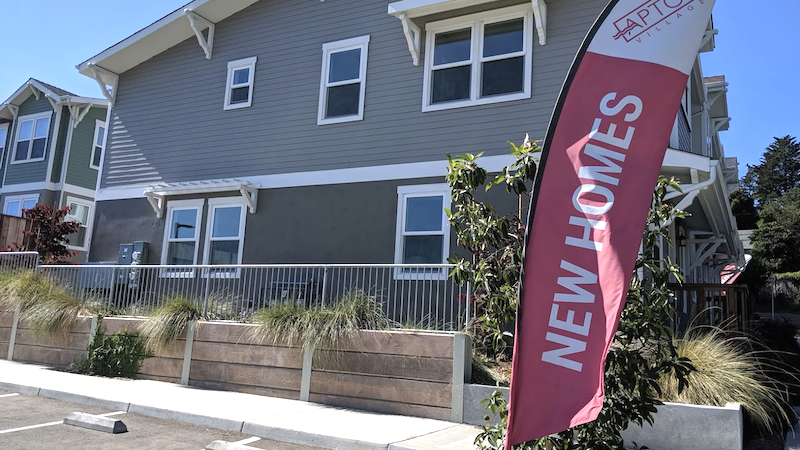For the second time, a group of Minneapolis residents—enabled by existing law—have halted implementation of the city’s Minneapolis 2040 plan over its supposed environmental impact. Here’s why they’re doing more harm than good.
Read MoreIllegal driving, reckless driving, and unsafe driving are three different things. Most drivers don’t intuit the difference, but our system and our traffic engineers should if they want to help prevent deadly outcomes.
Read MoreColorado's governor is backing an ambitious plan to address the state’s housing, in a bill similar to ones passed in California and Oregon, and proposed in other states.
Read MoreEarlier this year, Oklahoma residents took the Oklahoma Turnpike Authority to court over a planned $15 billion turnpike expansion. Now, the state's attorney general is weighing in.
Read MoreThis case shows why local governments need to do a better job accounting for maintenance costs.
Read MoreThe “Takings Clause” prohibits the government from taking private property without just compensation. But what if it’s interpreted in unexpected ways?
Read MoreIf “That Guy” is at every public hearing, there's something wrong with how your city is doing development.
Read MoreAt the heart of top-down approaches to both criminal justice and city planning is a misconception about true “efficiency.” Restorative justice — like Strong Towns — is the bottom-up alternative, drawing from the wisdom of the past while taking the longview on success.
Read MoreIn the criminal justice system, as in city planning, the perceived need for “efficiency” is often at odds with the deeper needs of the community. Yet that’s not how our societies evolved to handle conflict. How can we restore some of the wisdom of the past? A fascinating conversation about the intersection of restorative justice and building stronger towns.
Read More








